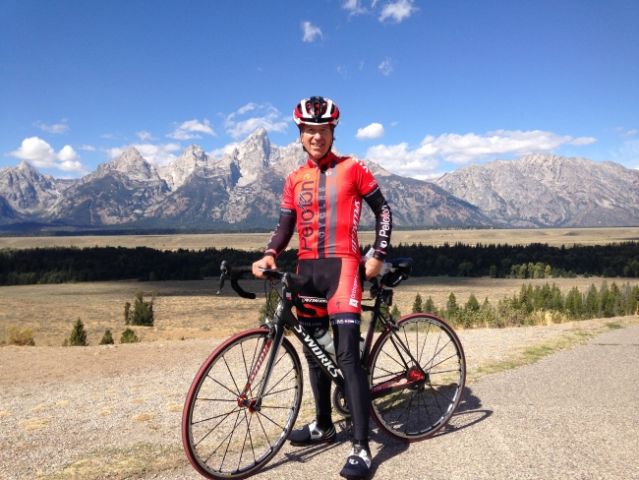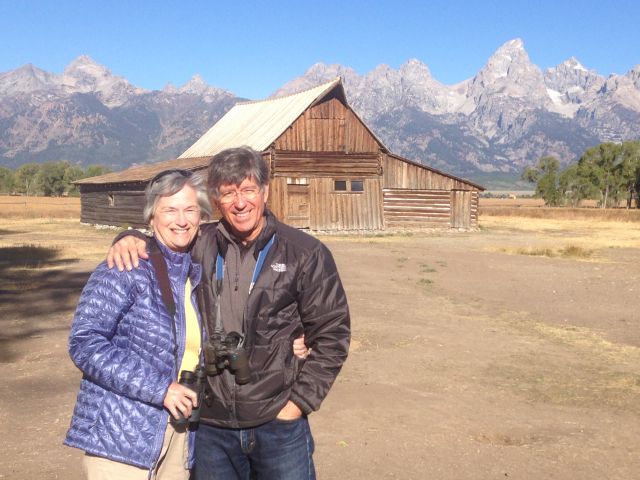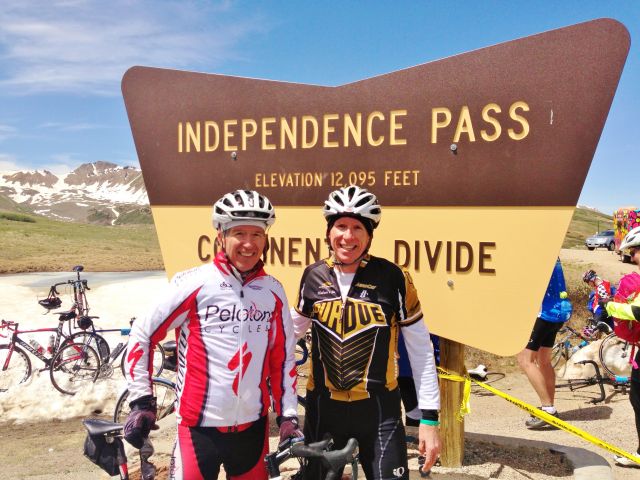
Q: What drives your passion for land conservation?
A: In simplest terms, what drives my passion for land conservation is the aspiration to pass on to future generations as much of the natural world as I possibly can. I have a daughter and my wish for her is that she will be able to experience nature in all its forms and fullness just as I have been able to do during my lifetime. In 1985, I left a law practice to work for a conservation organization so I could more directly fulfill my passion and take responsibility for transforming that wish from an abstract idea into tangible, lasting results. It has made for an incredibly rewarding and meaningful career. Whether my daughter actually gets to see, walk or experience the projects in which I played some small part I'll never know, but it's enough to know that the potential exists.
 Q: What inspired you to become a volunteer commissioner?
Q: What inspired you to become a volunteer commissioner?
A: I was inspired to become a Commissioner for two reasons. First, I led The Nature Conservancy through its first-time accreditation process and I came to deeply appreciate the reputational, financial and legal benefits of being held accountable to well-accepted standards and practices, and I was extraordinarily impressed with the Commission's unwavering commitment and integrity in fulfilling this promise. Second, as I contemplated my retirement, I could think of no better cause to help sustain my passion for conservation than to become a Commissioner and work in service to the land trust community and the public trust.
Q: Did you find that there were any challenges in being the chair of the Commission? What did you enjoy most about the role?
A: Staff and Commissioners operate as a high-performing team of conservation-minded professionals who are dedicated, caring, thoughtful and very generous with their time and expertise. My biggest challenge as chair is one of my own making, which is to be very self-conscious about the small things I can do to ensure the team continues to excel in all it does with a strong sense of integrity and camaraderie. Also, I would be remiss if I did not acknowledge the unique role the chair plays in fostering a strong working relationship with the Land Trust Alliance, which is something I strive to do every day. What I enjoyed most about the chair role was being an integral part of the Commission team where the level of respect and caring for each other is so high.
Q: Do you have any advice to someone considering becoming a volunteer commissioner?
A: Commissioners serve dual roles in fulfilling their governance responsibilities as well as teaming with staff to do their share of the accreditation reviews. This means that volunteer Commissioners contribute hundreds of hours of volunteer time each year. Being aware of this is important, but even more important is appreciating that fulfilling this commitment has much to do with the Commission's spirit of camaraderie.
Q: What is your favorite way to spend time in nature?

Thanks to Bruce for sharing his story with us!
About the Commission
The Land Trust Accreditation Commission's main office is located in Saratoga, New York. There are five full-time staff who work out of this office and three staff members who work remotely (though right now, we're all working remotely!). The staff are responsible for the day-to-day operations of the Commission and are responsible for processing and reading applications as well as promoting accreditation. Click here for more detailed information about the role of the Commission.
The Commission is governed by a diverse board of 18 volunteer commissioners involved in land conservation and nonprofit management experts from around the country. Commissioners volunteer their expertise to verify that a land trust is implementing specific accreditation indicator elements from Land Trusts Standards and Practices. Click here to learn more about the commissioners, including a commissioner job description.
Commissioners and the Commission review staff work together to review accreditation applications. Several times a year, Commission meetings are held to make decisions on applications.




